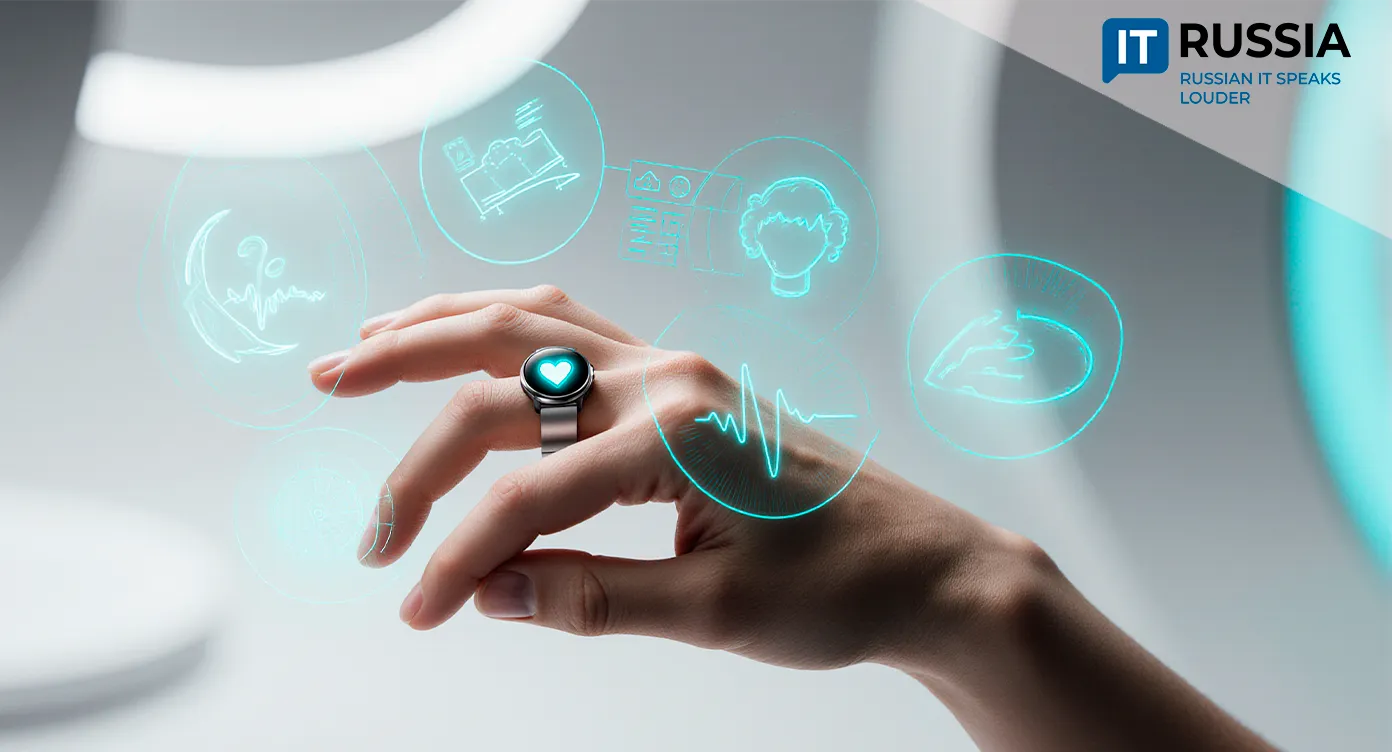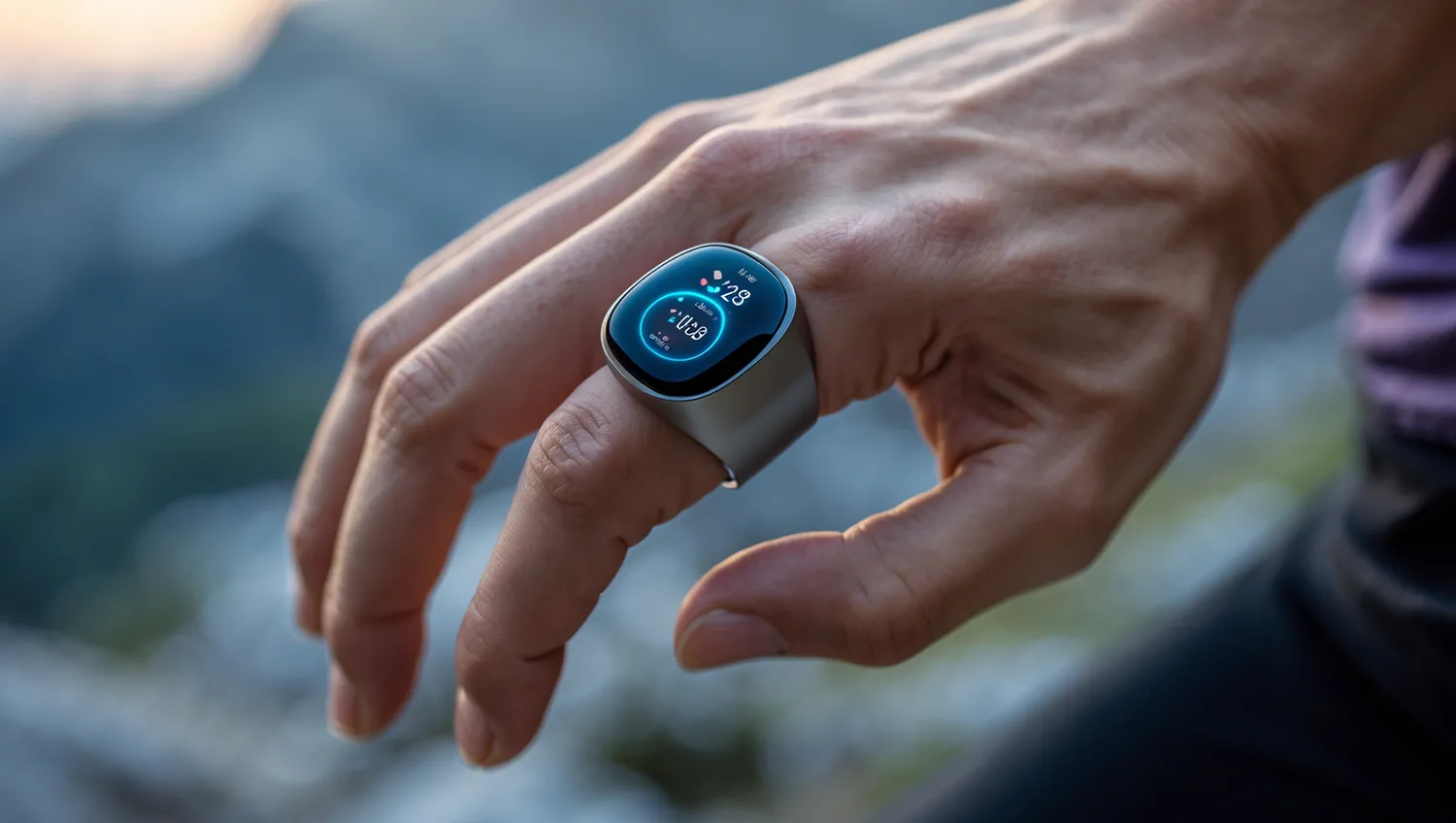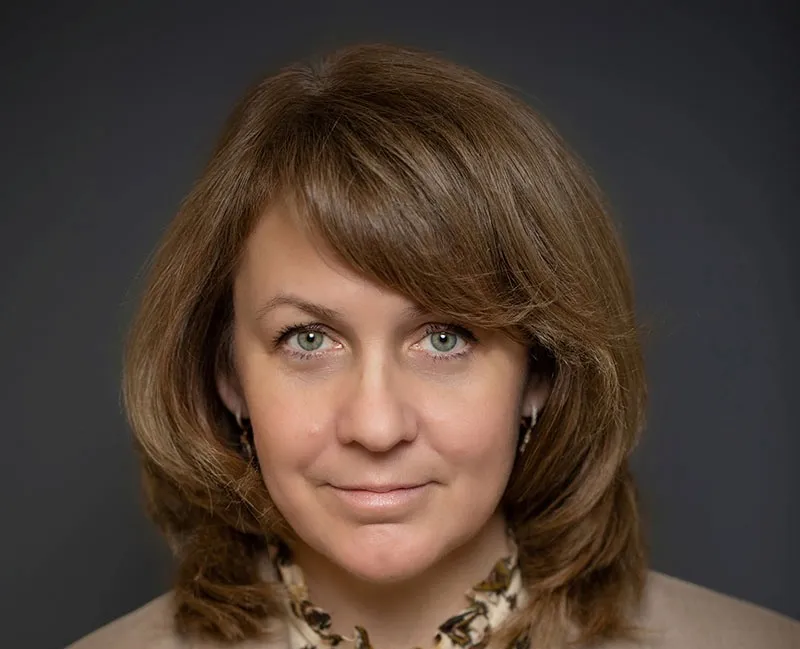Not Just Jewelry: Sber’s Smart Ring Monitors Health
Imagine a sleek titanium ring on your finger that knows almost everything about you. When you’re stressed, sleep-deprived, or fighting off a cold, it quietly vibrates and through an app suggests: “Take a 15-minute rest” or “It’s time to see a doctor.” Science fiction? No, reality. On September 23, Sber launched the first sales of its Sber Smart Ring.

Not the One Ring, but a Ring of Health
A new Russian innovation has entered the world of high tech—and it fits on your finger. While global IT giants like Samsung are only beginning to explore the “smart ring” market, Sber has leapt ahead with a product that has no true analogues. Sber Ring is not just another gadget to track sleep and pulse. It is the first mass-market wearable built entirely around a national large language model—GigaChat. This is Russia’s bold claim to leadership in the field of personalized digital healthcare.
The Sber Smart Ring went on sale on September 24, 2025. The device combines a fitness tracker with an AI assistant. It measures heart rate, blood oxygen level, skin temperature, and movement. Based on these indicators, its algorithms assess sleep quality, stress levels, and overall physical resource. The ring is made from titanium alloy with PVD coating, with an inner surface of hypoallergenic polymer.
Weighing just 5 grams, it can operate up to 7 days on a single charge—far longer than most fitness trackers. It needs charging only about once a week, and it’s water-resistant enough to wear in the shower or pool. The app interface, voice assistant, and recommendations are fully in Russian. Buyers can choose from eight sizes, offering flexibility and comfort.

From Idea to Reality
The story began less than a year ago, with an announcement at AI Journey in December 2024. By September 2025, the first buyers—Sber Private clients and early adopters—received their devices. At a price of 24,990 rubles (about $300), it surprised many with its affordability compared to foreign competitors. By contrast, Samsung’s Galaxy Ring, launched in summer 2024, costs no less than $400.
But price is only part of the story. The real strength of Sber’s ring lies in its deep integration with a homegrown ecosystem designed from scratch. Light yet durable, it continuously collects vital data: heart rate, oxygen saturation, temperature, sleep phases, and stress levels. And then comes the unique feature—no Western product offers anything quite like it.
The Sber Ring relies not on a generic algorithm but on GigaChat, Russia’s proprietary AI. It doesn’t just spit out numbers. It learns to understand your body, calculates a personalized “resource score” for the day, and delivers meaningful recommendations in natural Russian: “You slept poorly, your energy is low, reschedule intense workouts.” If serious anomalies appear, the system instantly suggests a consultation through SberHealth. This creates a closed loop within a single national ecosystem.

Technological Sovereignty in Action
The launch of the Sber Ring is also a case study in technological independence. While other countries remain dependent on Western operating systems and services, Russia is proving it can not only build hardware but also embed its own intelligence based on a domestic AI platform. This is about more than convenience—it’s about safeguarding the personal data of millions.
“We created a product that doesn’t just compete with global analogues but sets a new bar in the segment,” Sber representatives declared. “GigaChat is tuned to the realities of Russian users, while integration with SberHealth ensures genuine, not virtual, medical support. This is a prime example of digital sovereignty serving the needs of individuals.”
The device is marketed as a wellness gadget (not a certified medical product), which requires careful messaging. Still, its potential for healthcare is enormous. Mass collection of anonymized data could help researchers better understand population health trends and advance preventive medicine.

Exporting Russian AI to the World
What are the prospects for this breakthrough? Analysts are confident that, in the domestic market, strong demand is ensured thanks to ecosystem advantages, from AI-driven recommendations to promotions like free online consultations for the first thousand buyers.
Globally, a historic opportunity is opening. The smart ring niche is still forming, and Russia is among the first movers alongside Samsung. Within 12–24 months, the Sber Ring is expected to expand into CIS countries and other markets where there is demand for alternatives to Western tech and appreciation for Russian-language AI expertise.
Russia has shown it can create not just raw materials but high-tech consumer products with advanced AI inside. Competing internationally will be tough, but the completeness of its technological cycle—its own hardware, AI, and services—gives Russian developers a strong competitive edge.










































